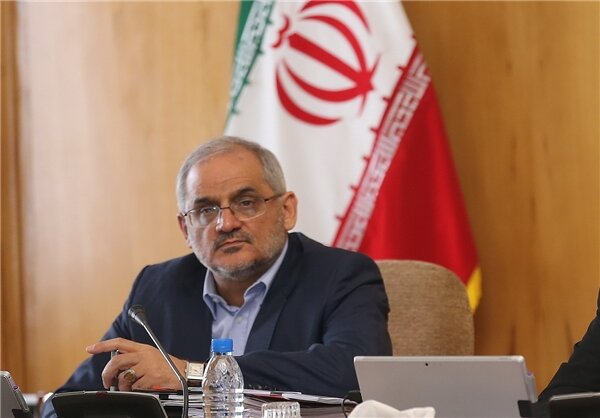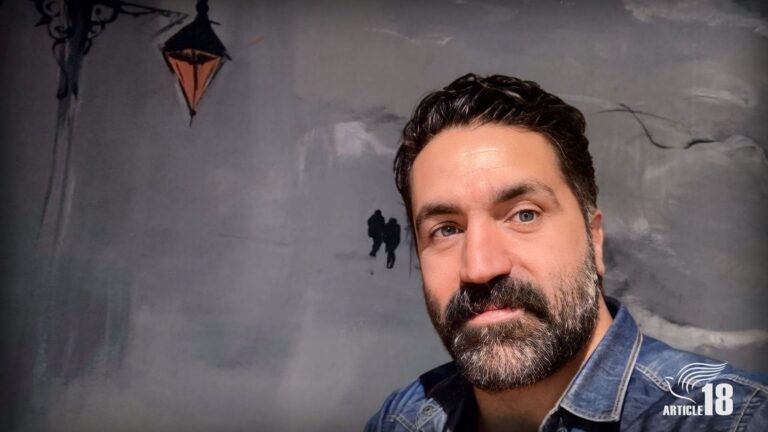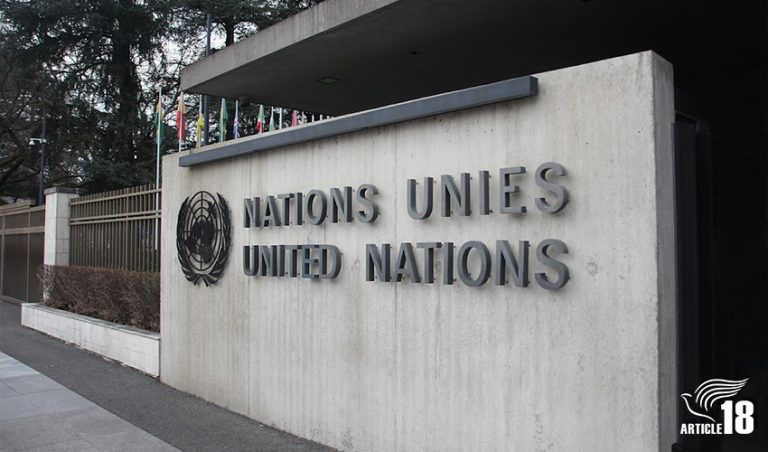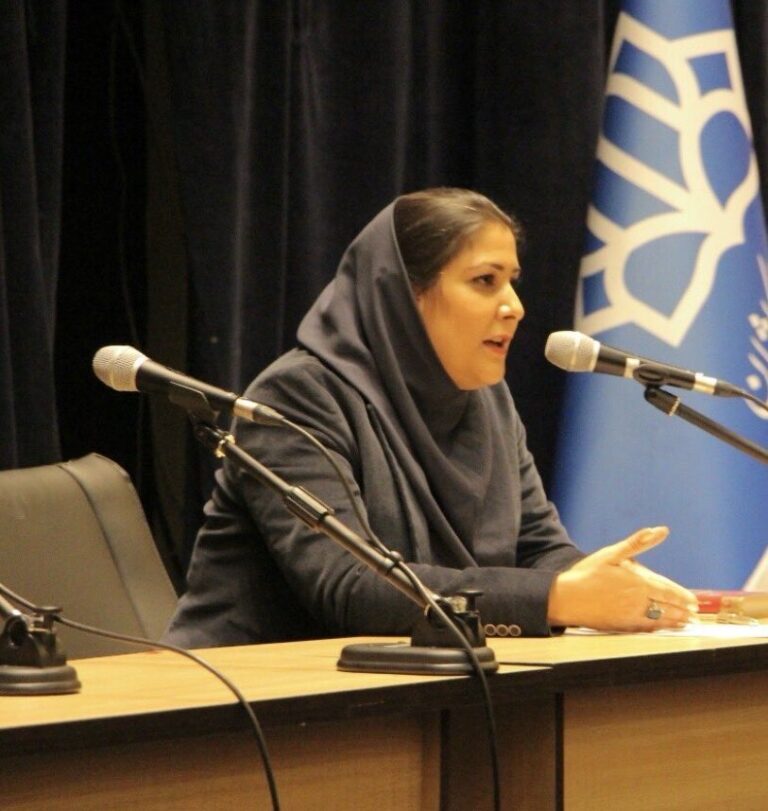
Iran’s Minister of Education says children who profess an unrecognised religious faith at school are engaging in “propaganda” and should be banned.
Mohsen Haji Mirzaei made the remarks yesterday at a cabinet meeting, ahead of the new school term.
He seemed to partially retract the comments in a Twitter post later that day, saying “free and quality education is the right of all children” and paraphrasing Article 23 of the Constitution, which states that “no-one should be molested or taken to task simply for holding a certain belief”.
However, at the end of his tweet he added that “illegal sects should not be promoted in school, which is a place for legal education”.
This was a clear reference to unrecognised faiths such as the Baha’i faith and Evangelical Christianity, both of which have been regularly referred to as “sects” by Iranian officials including the Supreme Leader.
“The Minister’s comments mean a Christian convert or member of the Baha’i faith would have to lie about their faith in order to benefit from their constitutional right to education,” notes Article18’s Advocacy Director, Mansour Borji.
Although Christianity is an officially recognised minority faith in Iran, alongside Judaism and Zoroastrianism, only ethnic Christians from the Armenian and Assyrian minorities are permitted to practise this faith – not converts from Islam, who remain an unrecognised minority, even though they number in excess of half a million.
Iran has ratified both the Universal Declaration of Human Rights and International Covenant of Civil and Political Rights, both of which provide for full religious freedom, including the freedom to change one’s religion and to propagate that faith – both in private and in public.
However, these freedoms are severely restricted in Iran, as highlighted by the latest report of the UN’s Special Rapporteur on Human Rights in Iran, Javaid Rehman.
“Even for the recognised religious minorities, there is no provision under the legal system of the Islamic Republic of Iran permitting conversions from Islam, which is considered apostasy,” he wrote. “This puts Christian converts from Islam at risk of persecution. Apostasy is not codified as an Islamic Penal Code offence, but conversion from Islam is punishable by death.”
Death sentences for apostasy are rare, though they do still occur, such as in the case of Pastor Yousef Nadarkhani. His death sentence was later overturned, but last year he was taken back to prison to begin serving a new ten-year sentence on charges of “forming a house church” and “promoting Zionist Christianity”.
Pastor Yousef had previously protested against against forced Islamic education for his son, Danial, who was prevented from progressing at school because he refused to sit an Islamic religious education test.
The authorities had insisted that Danial participate in the test – against his own wished and those of his parents – in addition to attending Quranic classes.
This was in contravention of Article 18 of the International Covenant of Civil and Political Rights, which gives parents the right to pass on their own religious teachings to their children, and prevents the authorities from intervening.
Earlier this year, the Iranian government banned members of religious minorities from teaching in nursery schools, except in special schools where all children already belong to that minority.
The move drew criticism from many, including the Zoroastrian representative to the parliament, who said it went against the constitution.
In response to the criticism, an Iranian official clarified that members of religious minorities are able to take some classes – such as music or gymnastics – but they are not allowed to be class teachers.
It was already effectively impossible for members of religious minorities to teach older children in Iran, because of the special criteria needing to be met to become a teacher, which includes belief in Islam and the office of the Supreme Leader.
Meanwhile, in recent years many headmasters at schools for religious minorities have been replaced by Muslims appointed by the regime.



0 Comments
Trackbacks/Pingbacks